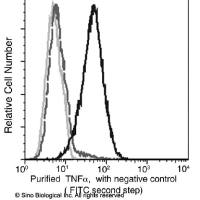Generation, Maintenance, and Adoptive Transfer of Diabetogenic T-Cell Lines/Clones From the Nonobese Diabetic Mouse
互联网
608
The ability to generate, maintain, and use cloned lines of T cells reactive for self-antigens has opened up a new avenue of investigation for researchers. These T-cell clones allow the rapid induction of tissue-specific autoimmunity with the intent of dissecting the contribution of the different cell types involved. T cells from the diabetes-prone nonobese diabetic mouse are proving to be a vital asset for understanding the T-cell-mediated pathogenesis that leads to overt β-cell destruction. T-cell clone adoptive transfer protocols have been developed for use in immunodeficient strains, thus reducing the complexity of mechanism of disease initiation. Furthermore, these T-cell clones have been used to derive T-cell receptor transgenic (TCR-Tg) animals carrying only self-reactive T cells. The use of these TCR-Tg animals to study pathogenesis has also evolved from the ability to generate, maintain, and use T-cell cloned lines. This chapter focuses on primary culture for the generation of T-cell lines and clones, their long-term maintenance, and their use in disease transfer for studying the pathogenesis of end-organ autoimmunity.









